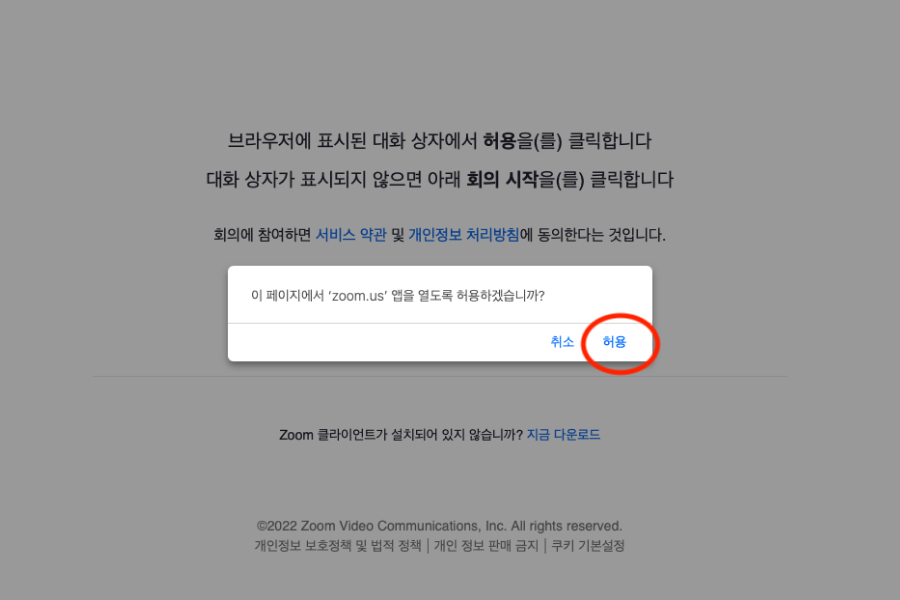To what extent do you agree or disagre with this statement?
Learning a foreign language plays a pivotal role in this fiercely competative sociey. Therefore some people assert that children are benifits more from early language education while others think that it has negative effect on children's development. Personally,it is advisable that learning foreign language sooner, rather than later, for several reasons discussed below.
First of all, children could acquire knowledge in a shorter time compared to adults. As children grow older, they will have less time for learning foreign language. According to some linguistic research, most of researchers claim that the critical period for language aquisition is between years 2 and 12. It is the best time to be a billingual. In other words, the longer parents and teachers wait, the more difficult it will be to teach a child the true essence of another language.
Secondly, the greater flexibility of the primary timetable allows for more frenquent , shortest sessions and for a learner-centered approach thus maintaining learners' enthusiasm and progress. This command of the language in later life will be benifit from this early exposure. This is becase peopeo may have more concerns about other things when growing up, also concerntation degree will decrease by getting older.
In conclusion, a fluency of other language is a great skill to survive in an increasingly multicultural, interconnected and fast paced society.
Topic: Children should begin learning a foreign language as early as possible.
To what extent do you agree or disagree with this statement?
Learning a foreign language plays a pivotal role in this fiercely competetive society. Therefore, some people assert that children benefits more from early language education while others think that it has a negative effect on children's development. Personally, it is advisable that learning foreign language sooner, rather than later. Here are some reasons why:
First of all, children could acquire knowledge in a shorter time compared to adults. As children grow older, they will have less time for learning foreign language. According to some linguistic research, most of the researchers claim that the critical period for language acquisition is between the ages of 2 and 12. It is the best time to be a bilingual. In other words, the longer parents and teachers wait, the more difficult it will be to teach a child the true essence of another language.
Secondly, the greater flexibility of the primary timetable allows for more frequent , shortest sessions and for a learner-centered approach thus maintaining learners' enthusiasm and progress. This command of the language in later life will benefit from this early exposure. This is because people may have more concerns about other things when growing up; also concentration degree will decrease while getting older.
In conclusion, a fluency of other language is a great skill to survive in an increasingly multicultural, interconnected and fast paced society.







